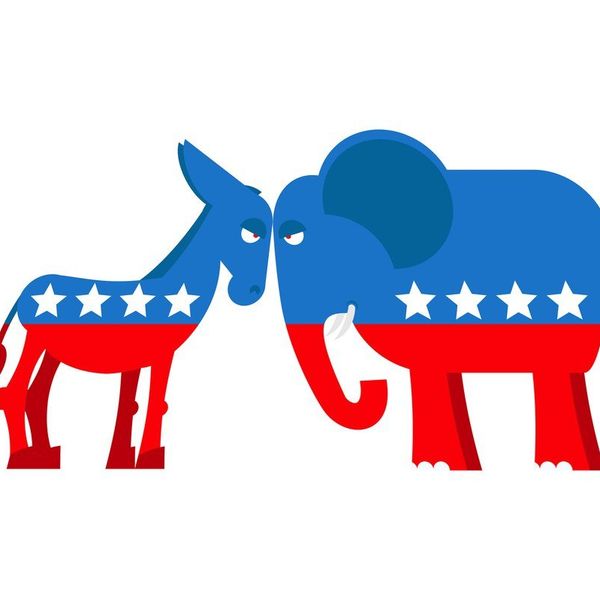Paradoxes exist in almost every academic discipline, and students are more or less taught to consider the balance of these paradoxes within a spectrum. For example, American Politics teaches the "paradox of a liberal representative democracy" as one which attempts to have fair and effective governance. This paradox has two competing components, so it has two competing expectations. Well, a small, private liberal arts college also exists as a paradox in much of the same way the prior example exists.
Students expect a private liberal arts college to champion a “fair" environment that promotes diversity and an "effective" environment that authorizes opportunity. Such a paradox should showcase itself in community dialogue, yet when it comes to meaningful conversations about politics, Southwestern Univeristy has an insufficient structure in place. It is as if the campus culture is connected by an assumed political identity and no one would dare unravel the passive dominance of one political ideology over all others on campus because such dissent causes conflict. This is the heart of the paradox: a liberal arts college that teaches conflict without wanting it on campus; that stimulates courage within the boundaries of the majority opinion.
I'm not advocating to have a divided community competing to attain superiority status for their views. I am advocating for intelligent, transparent political dialogue that will make Southwestern a little uncomfortable, a little confused, and a little conflicted. Southwestern needs to celebrate its paradox as a social justice tool. To meet this end, I have three recommendations.
1. College Republicans and College Democrats
Putting aside whatever history these two clubs had at Southwestern before 2015, I recognize both organizations as important facilitators of political dialogue. In their separate capacities, both clubs can inform the uninformed students, organize the activists, and promote grounded, intelligent discussions about the respected parties. Together, College Republicans and College Democrats can hold debates and panels, invite speakers, organize voters, and support volunteerism. I see debate as a negotiation, not as a battle, and in a democracy, debate is said to be one of the best forms of informing and sharing power.
2. Meet-and-Greet With Local Public Officials
Even if the officeholders do not represent your preferred party, they still represent you. So it is wise for our campus to be proactive in inviting local officials to do an informal meet-and-greet, or a short lecture about their work so far. Let us invite the community to these events as well, because everyone can benefit from an organized opportunity to meet representatives. Only once you know them do you really have the knowledge to complain.
3. Departmental Q&A About Public Policies
Instead of always making out politics as absolute, academic departments can make politics about presenting perspectives by having ongoing question-and-answer sessions about general ideas relevant to their areas of expertise. Or, have departments compile a handout breaking down the biggest policy discussions in their field of work and presenting arguments that explore our positionalities in an open fashion. Sometimes, students just need understanding before they need conviction.




















